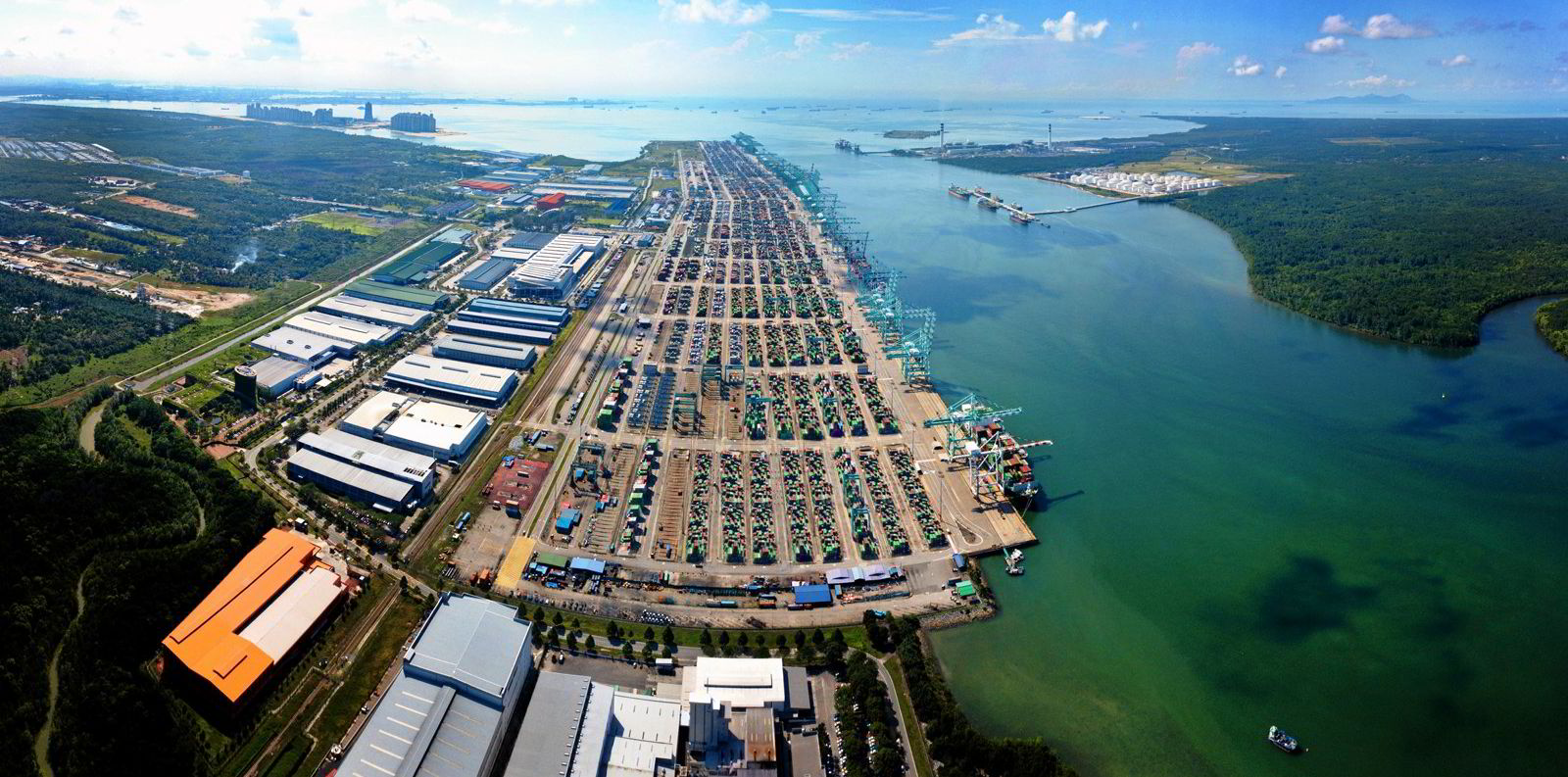French container line CMA CGM could be set to reach investment grade as cash rolls in during the boxship boom.
The liner operator is understood to have told investors it could potentially achieve this credit rating in the future after earnings jumped during the pandemic, according to consultancy Alphaliner.
An investment grade from ratings agencies — signifying a strong capacity to meet financial commitments — is not believed to be a specific goal of the company, however.
In late July, Standard & Poor's upgraded the company's rating from BB- to BB, two notches off investment grade.
More recently, Moody's hiked the shipowner's rating from B1 to Ba3, three notches off its investment grade level.
The agency said CMA CGM had reduced debt, improved its liquidity and increased the number of unencumbered assets in its fleet.
While recognising that current market conditions will not continue indefinitely, Moody's said the owner would move forward with a more conservative fiscal policy.
Profit jump
CMA CGM said net profit for the second quarter hit $3.47bn, way up on the $136m in the same period last year, with more still to come.
The shipowner posted earnings of $1.86bn over the whole of 2020, turning around a loss of $68m in the previous year.
"The carrier has used pandemic earnings to pay down debt, while pursuing a strategy of buying secondhand tonnage rather than renewing charters," Alphaliner said.
CMA CGM declined to comment.
Red-hot rates have sent containership companies' credit ratings rising quickly this year.
Lines have been making huge profits from record charter and freight rates after a strong recovery in demand, following the first waves of Covid-19 restrictions.
Hamburg's Hapag-Lloyd has achieved its highest credit ranking since coverage began in 2010.
The German line has now climbed three credit notches in just over two years.
A year ago, CMA CGM addressed its debt maturity concerns with a big new bond issue.
The company launched an offering of senior notes worth €525m ($616m) that will fall due in 2026.
Proceeds from the sale, together with available cash on hand, were used to redeem all of its outstanding €525m in 7.75% bonds that were maturing in January this year.






